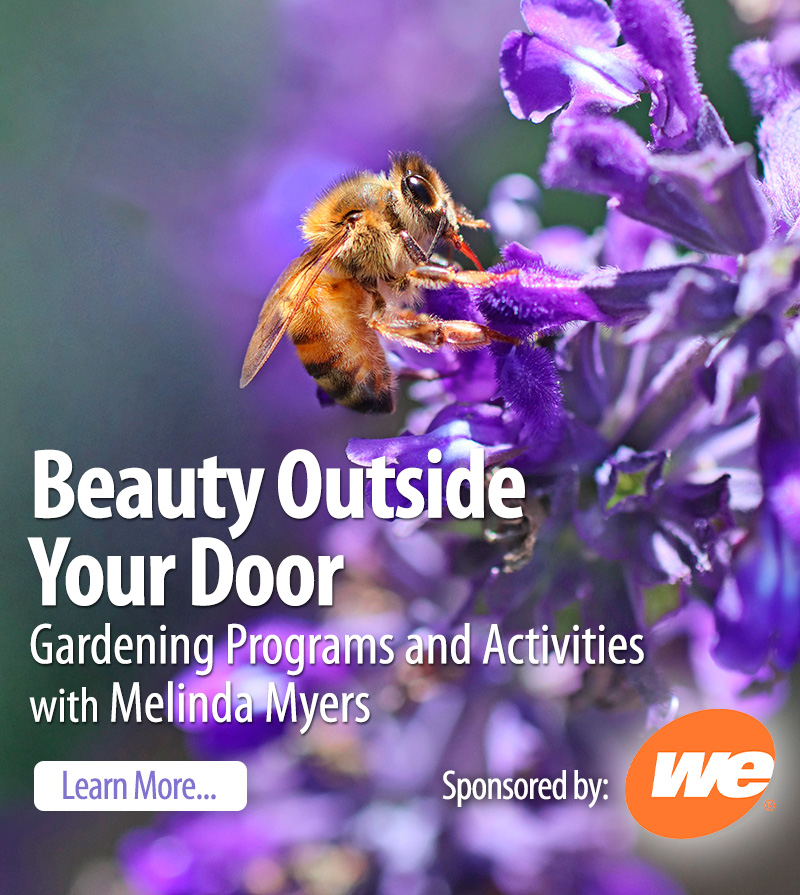Parasitic Wasps Help Control Garden Pests
White rice-like spindles protruding from tomato hornworms, cutworms and various other insects is a sign that parasitoid wasps are helping you control these garden pests.
Several species of parasitoid wasps lay their eggs on or inside their hosts. When the egg hatches the wasp larvae feeds on the internal workings of the host insect. Once mature the larvae forms a pupal case like those you may have seen on hornworms. Once the transformation is complete the adult wasp exits, looks for a mate and the cycle begins all over.
Invite these beneficial insects into your garden by providing food and water. Add a few stones to your pond or birdbath for easy sipping. Plant a variety of flowers including alyssum, cilantro, daisies, asters, and members of the dill family.
And don’t worry, these wasps don’t sting.
A bit more information: So, when you find a caterpillar covered in parasitoid wasp pupal cases leave it be. The adults will soon emerge and help to manage even more pests in your garden.
Related
Categories
Upcoming Live Events
& Webinars
April 27, 2024
Ridges & Rivers Book Festival
Viroqua, WI
Register now
April 28, 2024
Flowering Trees and Shrubs
Ebert's Greenhouse Village, Ixonia, WI
May 1, 2024
FREE WEBINAR
Ornamental Fruits and Vegetables
Register now
May 4, 2024
Garden U 2024
New Richmond, WI
Register now
May 9, 2024
FREE WEBINAR
How to Plant Your Rain Garden
Register now
May 11, 2024
Ask The Plant Doctor Q & A
Ebert's Greenhouse Village, Ixonia, WI
May 12, 2024
Ask The Plant Doctor Q & A
Ebert's Greenhouse Village, Ixonia, WI
May 18, 2024
Ask The Plant Doctor Q & A
Ebert's Greenhouse Village, Ixonia, WI
June 1, 2024
Selecting, Planting, Pruning and Caring for Hydrangeas
Ebert's Greenhouse Village, Ixonia, WI
June 5, 2024
FREE WEBINAR
Under-Appreciated Pollinators
Register now
WATCH ON-DEMAND WEBINARS
Learn More




















